

Uhg!!


Uhg!!


What do they try to sell you or get you to do?
Poor light mode browsers
Didn’t know the name was controversial in Türkiye for Turkish people like yourself
In December 2021, President Recep Tayyip Erdoğa called for usage of Türkiye for exports, and in governmental communications with international entities and other countries. The reason given was that Türkiye “represents and expresses the culture, civilization, and values of the Turkish nation in the best way”. In May 2022, the Turkish government requested the United Nations and other international organizations to use Türkiye officially in English; the UN agreed.
Surprisingly enough that’s on the Wiki page for… Turkey:
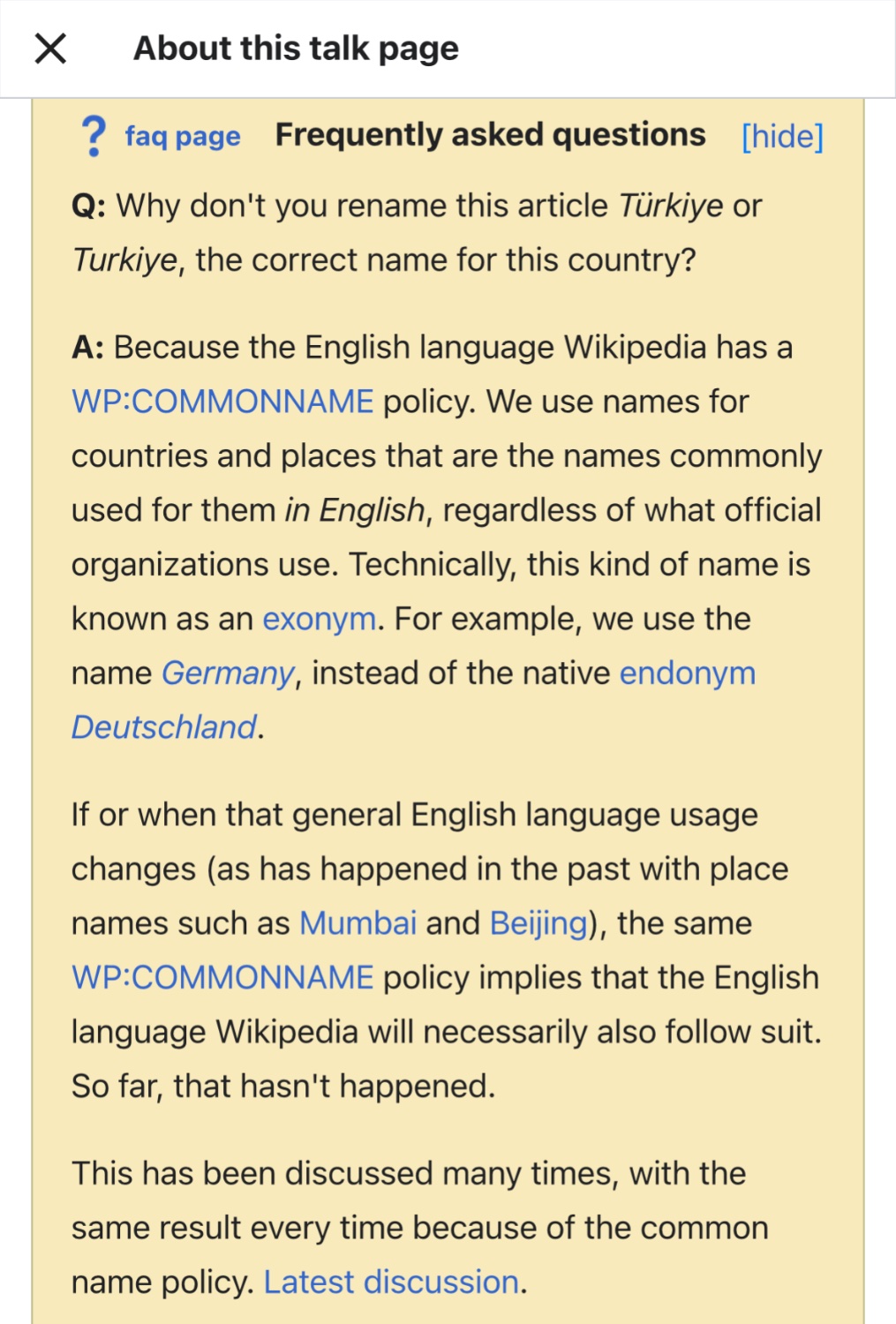
Thanks for teaching me the words endonym and exonym:
For instance, Deutschland is the endonym for the country that is also known by the exonyms Germany and Germania in English and Italian, respectively, Alemania and Allemagne in Spanish and French, respectively, and Niemcy in Polish.
Give you the Common Usage W, only nitpick is I think “AKA Turkey” or “commonly known as Turkey“ may also help mitigate potential (albeit perhaps unlikely) confusion while sounding less prescriptive.
Wife doesn’t seem to like cicadas but still read through his work notes?
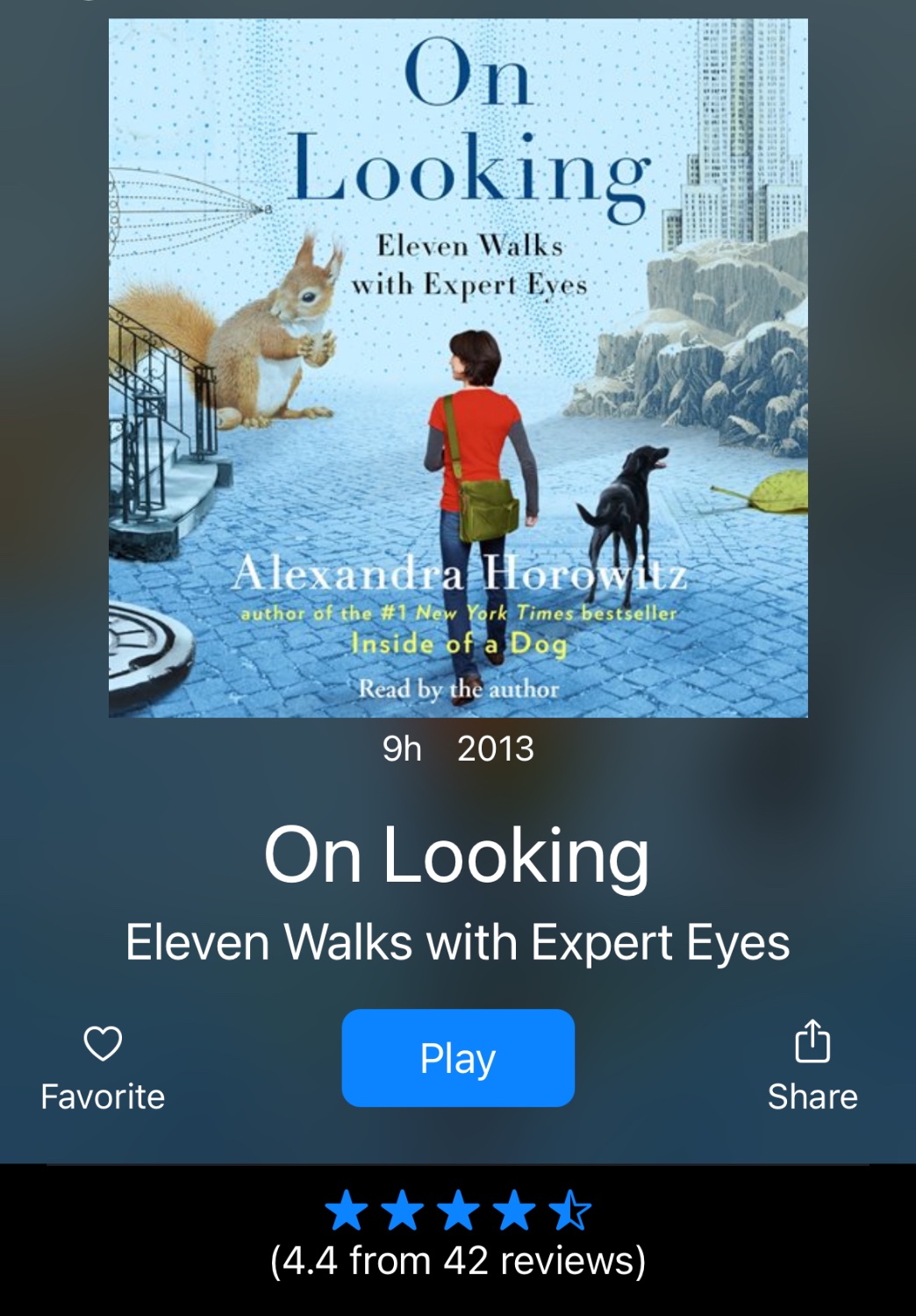
From the author of the #1 New York Times bestseller Inside of a Dog and The Year of the Puppy, this “elegant and entertaining” (The Boston Globe) explanation of how humans perceive their environments “does more than open our eyes…opens our hearts and minds, too, gently awakening us to a world-in fact, many worlds-we’ve been missing” (USA TODAY).
Alexandra Horowitz shows us how to see the spectacle of the ordinary-to practice, as Sir Arthur Conan Doyle put it, “the observation of trifles.” Structured around a series of eleven walks the author takes, mostly in her Manhattan neighborhood, On Looking features experts on a diverse range of subjects, including an urban sociologist, the well-known artist Maira Kalman, a geologist, a physician, and a sound designer. Horowitz also walks with a child and a dog to see the world as they perceive it. What they see, how they see it, and why most of us do not see the same things reveal the startling power of human attention and the cognitive aspects of what it means to be an expert observer.
Page by page, Horowitz shows how much more there is to see-if only we would really look. Trained as a cognitive scientist, she discovers a feast of fascinating detail, all explained with her generous humor and self-deprecating tone. So turn off the phone and other electronic devices and be in the real world-where strangers communicate by geometry as they walk toward one another, where sounds reveal shadows, where posture can display humility, and the underside of a leaf unveils a Lilliputian universe-where, indeed, there are worlds within worlds within worlds.
From the author of the #1 New York Times mega-bestseller Inside of a Dog comes an equally smart, delightful, and startling exploration of how we perceive our surroundings. You are missing at least eighty percent of what is happening around you right now. You are missing what is happening in your body, in the distance, and right in front of you. In reading these words, you are ignoring an unthinkably large amount of information that continues to bombard all of your senses. The hum of the fluorescent lights; the ambient noise in the room; the feeling of the chair against your legs or back; your tongue touching the roof of your mouth; the tension you are holding in your shoulders or jaw; the constant hum of traffic or a distant lawnmower; the blurred view of your own shoulders and torso in your peripheral vision; a chirp of a bug or whine of a kitchen appliance. Hidden in Plain Sight begins with inattention. It is not meant to help you focus on your reading of Tolstoy; it is not about how to multitask. It is not about how to avoid falling asleep at a lecture or during your grandfather’s tales of boyhood misadventures. Rather, it is about attending to the joys of the unattended, the perceived “ordinary.” Horowitz encourages us to rediscover the extraordinary things that we are missing in our ordinary activities. Even when engaged in the simplest of activities—taking a walk around the block—we pay so little attention to most of what is right before us that we are sleepwalkers in our own lives. So turn off the phone and portable electronics and get into the real world, where you’ll find there are worlds within worlds within worlds.
Snagged it! via library’s free Hoopla (like Libby)
Hope you can find your people
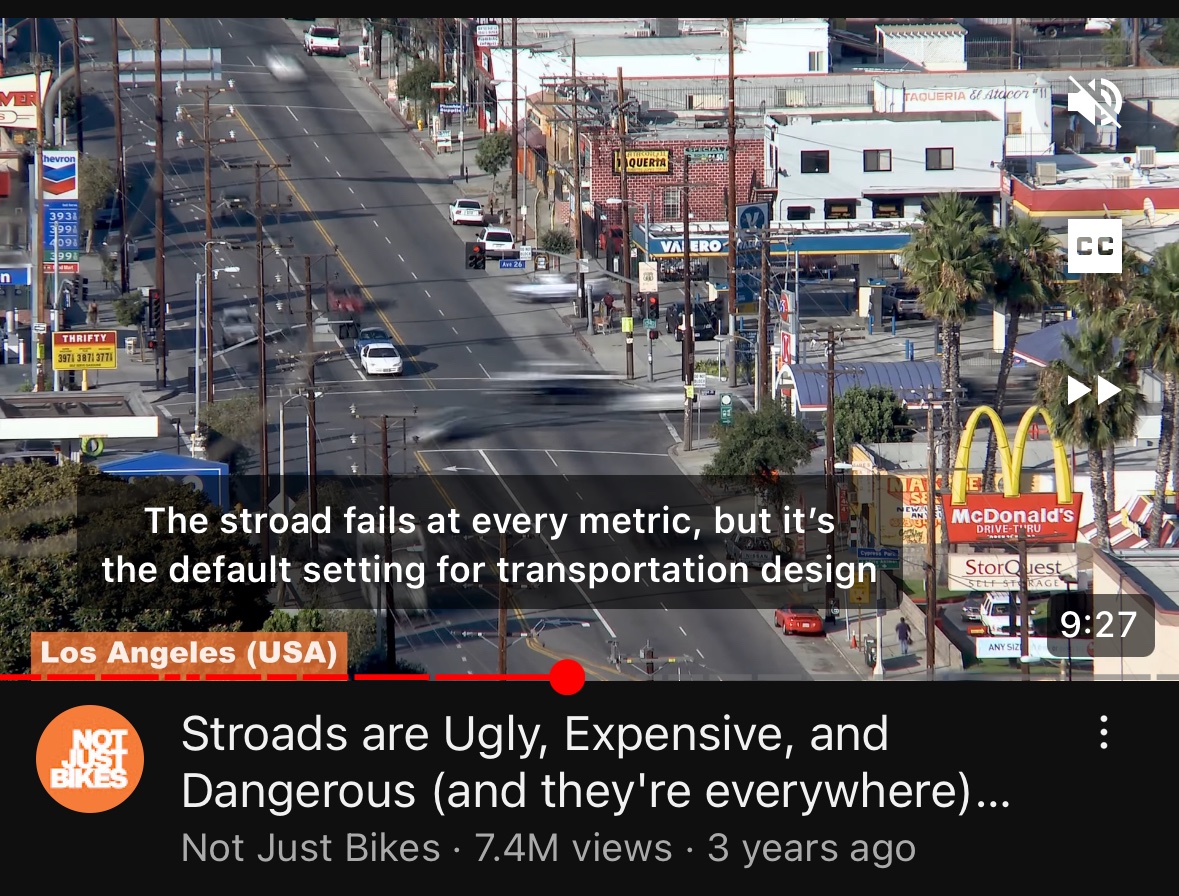
(Stroad complaints and some Guardrail Guy have been popular, though of course the latter’s more engineering but mentioning tangentially)


You can’t be saying fire the private chef - that’s OP!
I sympathize btw, I sympathize


Hopefully the pancake/lasagna garbage could be caught by sharing some wireframes early on?
(Is this unrealistic?)


I made a step by step guide to disable OnStar on my 2022 Bolt. Easy to do, not permanent, and doesn’t disable the cellphone, Bluetooth, GPS, compass, or hands free microphone.


Ohh thanks TIL!

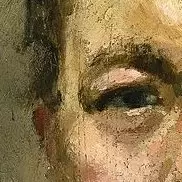





Meta note, Tumblr etiquette sure is interesting. Abuse the tag feature, screenshot your own lengthy tags, reply to yourself and attach the screenshot.
The most memorable line from The King and Isle
I should’ve known that word
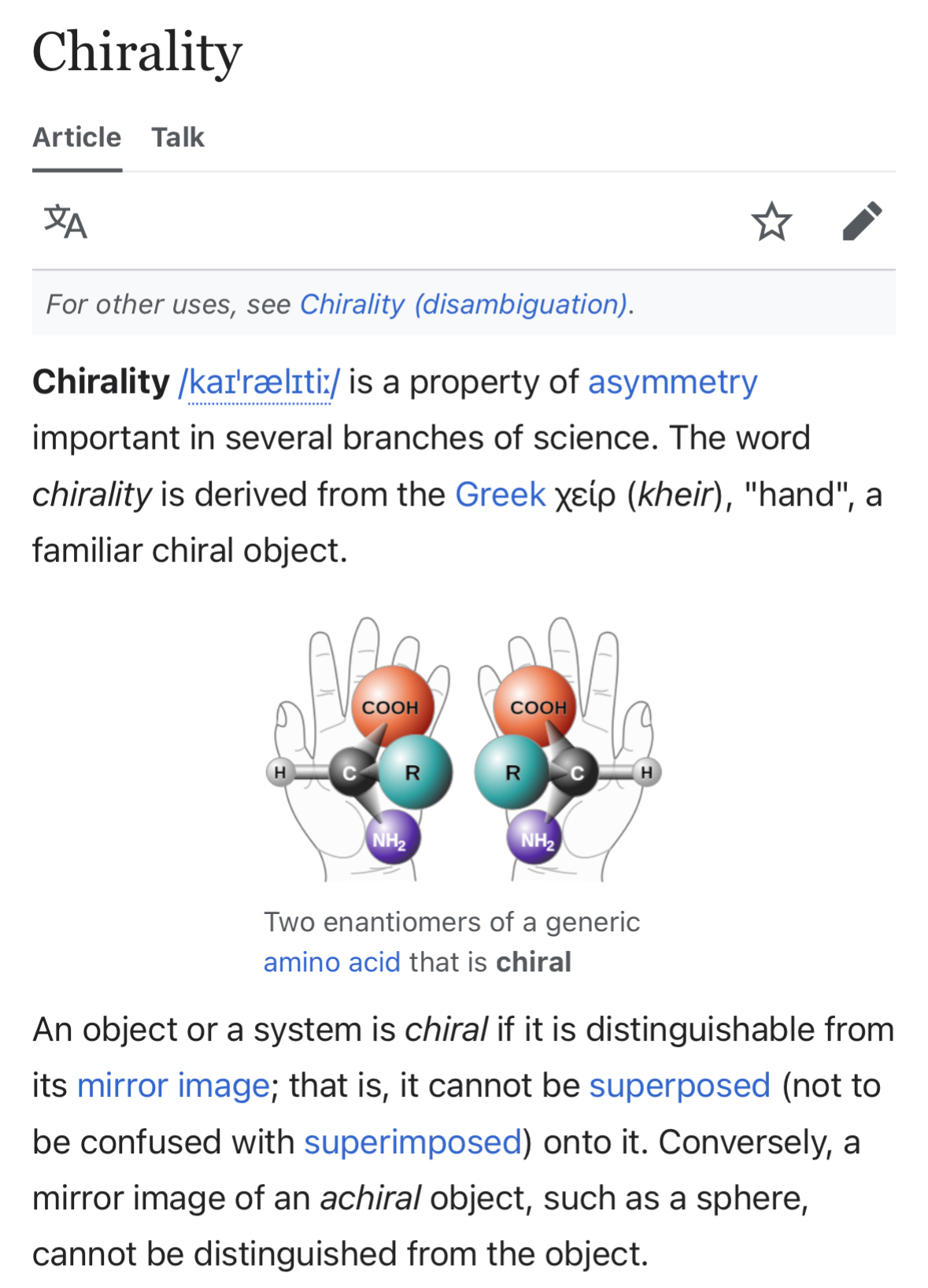
Off to a strong start